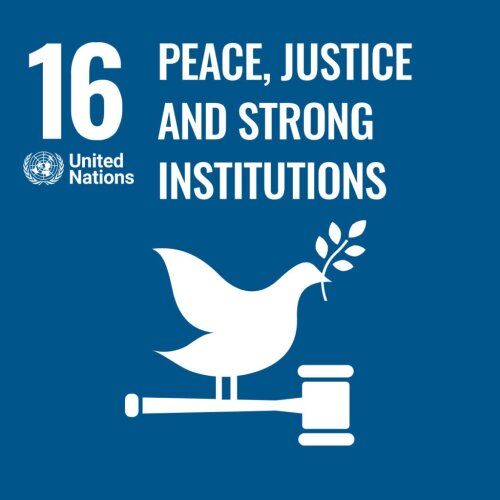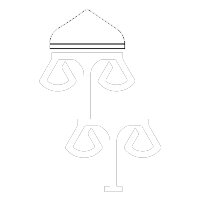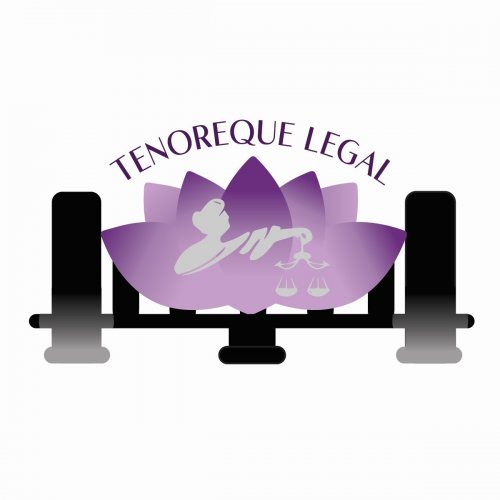Best Military Law Lawyers in Trinidad and Tobago
Share your needs with us, get contacted by law firms.
Free. Takes 2 min.
Or refine your search by selecting a city:
List of the best lawyers in Trinidad and Tobago
About Military Law in Trinidad and Tobago
Military Law in Trinidad and Tobago governs the conduct of members of the Trinidad and Tobago Defence Force (TTDF). It encompasses rules and regulations that ensure discipline and order among military personnel. The key body of legislation governing military conduct in the country is derived from both local statutes and supplementary regulations that complement the worldwide understanding of military conduct and discipline, such as the Defence Act. This legal framework is designed to uphold both national security issues and individual rights within the armed forces.
Why You May Need a Lawyer
There are various scenarios where individuals may require legal assistance under Military Law in Trinidad and Tobago. These include, but are not limited to, allegations of misconduct, accusations of violating military codes, issues related to enlistment and discharge from service, disciplinary actions, and appeals against military judicial decisions. Moreover, legal assistance may be crucial in cases involving rights violation, discrimination, or if a service member is facing court martial or other legal proceedings.
Local Laws Overview
Military Law in Trinidad and Tobago is primarily governed by the Defence Act, which outlines the establishment, jurisdiction, powers, and duties of the TTDF. Key aspects include the code of conduct for personnel, procedures for handling disciplinary violations, court martial procedures, and the rights of service members. The Defence Act emphasizes maintaining discipline within the ranks and ensures that all actions conform to both local and international military standards. The act and its accompanying regulations are pivotal in shaping the legalities around military service, conduct, and duty in the region.
Frequently Asked Questions
What is the purpose of Military Law in Trinidad and Tobago?
Military Law ensures the maintenance of order, discipline, and efficiency within the Defence Forces, aligning with both national security interests and international obligations.
Who is subject to Military Law?
Military Law applies primarily to enlisted personnel, officers, and other members of the TTDF during their period of service.
What types of cases fall under Military Law?
Common cases include disciplinary infractions, court martial proceedings, appeals, and issues related to the rights of service members.
Can military personnel face civilian legal proceedings?
Yes, military personnel may also face civilian legal proceedings if they commit offenses not covered by the Defence Act, especially if they occur off-duty.
What is a court martial?
A court martial is a judicial court for trying members of the armed services accused of offenses against military law.
How are legal rights protected under Military Law?
The legal rights of service members are protected through regulations that complement broader human rights frameworks and due process as outlined in the Defence Act.
What should I do if I believe my rights have been violated in the military?
Contact a military law attorney or legal advisor who can provide guidance and represent you in pursuing any claims related to rights violations.
Is legal aid available for military cases?
Legal aid may be accessible, depending on the circumstances. It's essential to contact legal services or a military law attorney to explore available options.
How does Military Law interact with international law?
Military Law in Trinidad and Tobago operates within the framework of international military law principles, ensuring alignment with global standards and conventions.
Where can I find legal assistance for a military law issue?
Engage with experienced military law attorneys or local legal aid services specializing in military issues to receive appropriate assistance.
Additional Resources
For further information and assistance related to Military Law, individuals may contact the following resources:
- The Office of the Attorney General and Ministry of Legal Affairs
- Trinidad and Tobago Defence Force Headquarters
- Legal Aid and Advisory Authority
- Local Bar Association
- Non-governmental organizations focused on human rights and military personnel welfare
Next Steps
If you require legal assistance in Military Law, begin by gathering all relevant documentation related to your case or concern. Contact a legal professional specializing in military law to discuss your situation. Consider reaching out to the bar association for recommendations of qualified attorneys. In urgent situations, contact legal aid or advisory bodies that can provide immediate guidance. Ensure clear communication and full disclosure with your legal representative to facilitate the best legal advice and representation.
Lawzana helps you find the best lawyers and law firms in Trinidad and Tobago through a curated and pre-screened list of qualified legal professionals. Our platform offers rankings and detailed profiles of attorneys and law firms, allowing you to compare based on practice areas, including Military Law, experience, and client feedback.
Each profile includes a description of the firm's areas of practice, client reviews, team members and partners, year of establishment, spoken languages, office locations, contact information, social media presence, and any published articles or resources. Most firms on our platform speak English and are experienced in both local and international legal matters.
Get a quote from top-rated law firms in Trinidad and Tobago — quickly, securely, and without unnecessary hassle.
Disclaimer:
The information provided on this page is for general informational purposes only and does not constitute legal advice. While we strive to ensure the accuracy and relevance of the content, legal information may change over time, and interpretations of the law can vary. You should always consult with a qualified legal professional for advice specific to your situation.
We disclaim all liability for actions taken or not taken based on the content of this page. If you believe any information is incorrect or outdated, please contact us, and we will review and update it where appropriate.
Browse military law law firms by city in Trinidad and Tobago
Refine your search by selecting a city.














